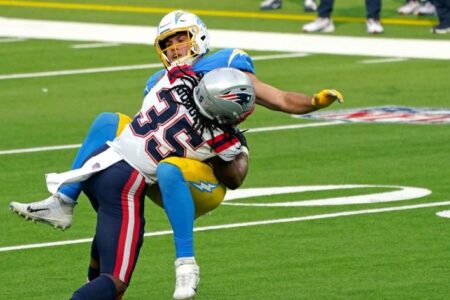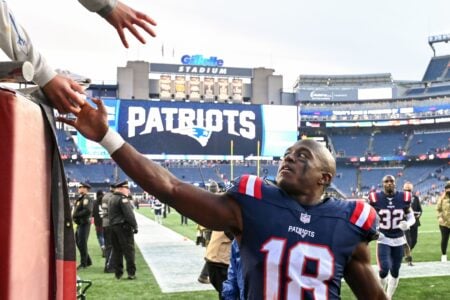The teams that are essentially forced into overpaying for unproven rookies care. Many fans care since they see it hurting their team to overpay for unproven rookies.
It may be a very small percentage of the total cap, but it can be a very significant percentage of an individual team's cap space, anywhere from 5% to about 8% a year for the very top picks.
Since a union would have to agree for a rookie salary cap to be put into place, it is clearly an issue for the union. I'd also argue that this impacts every player in the NFL, not just rookies, since a salary cap means that every dollar paid out to one rookie (who, by the way, is not even in the union until after his first contract) is less dollars available to be paid out to everyone else.
Actually, it's an issue now - hence why we are talking about it.
The NFL succeeds to some extent because of parity and the existing rookie salary structure is one of the things that tends to diminish parity.
From what you've said, I gather that the rookie wage scale is a minor issue to the union. If it's really that minor an issue, then the union should be willing to make an accomodation to the owners pretty easily (since negotiaters don't "go to the mat" over minor issues; they reach agreement pretty easily). What do you think the chances of that are? And the crazy thing is that it is actually in the
union's best interest to have a rookie salary cap. That's life in a union.



















